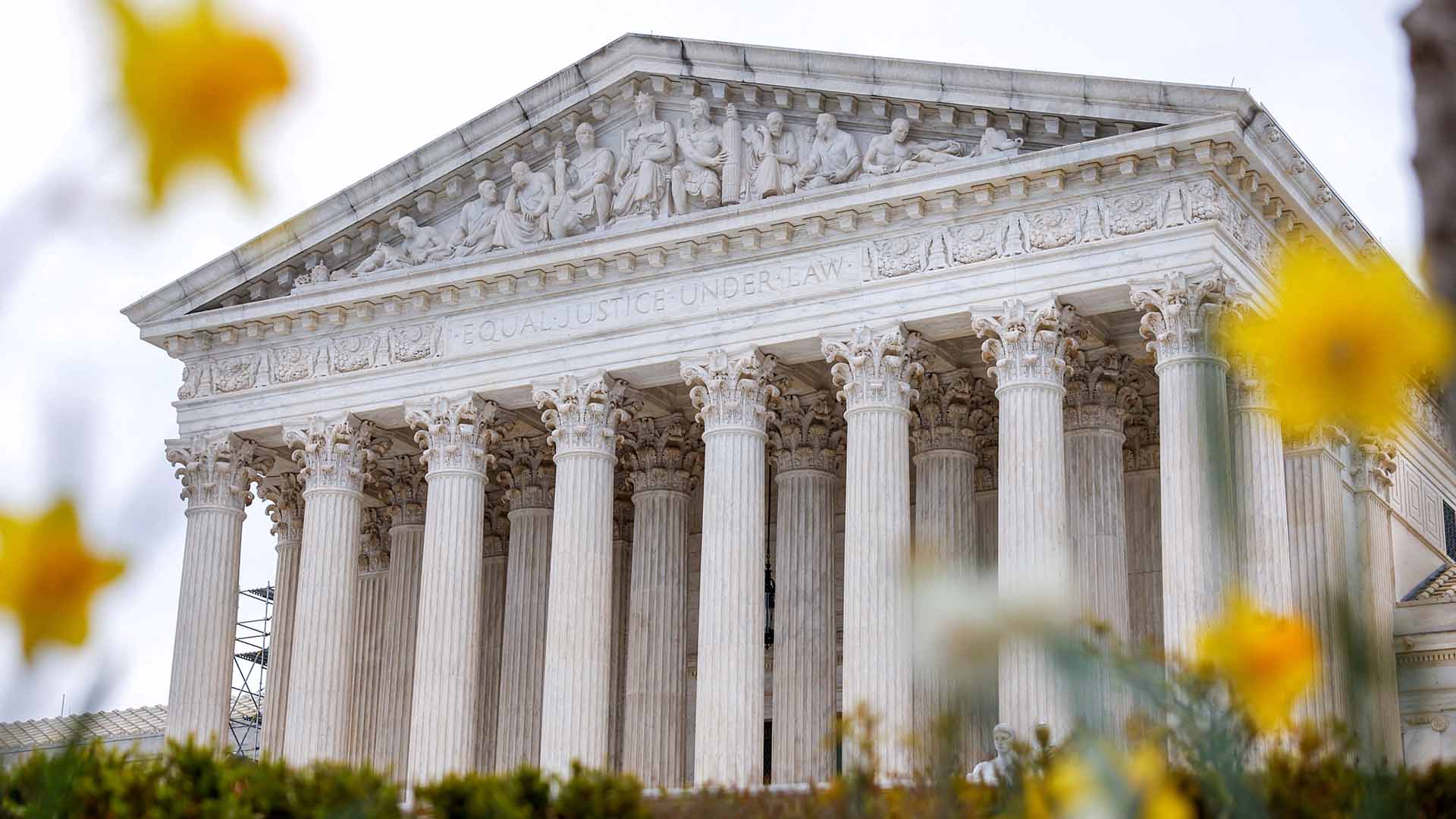


It won’t grab as many headlines as the college-admissions cases, but the Supreme Court this morning, in Groff v. DeJoy, unanimously clarified the standards under Title VII of the Civil Rights Act for when and how employers must accommodate the religious practices of employees. Groff involved a dispute between rural letter carrier (Gerald Groff) who couldn’t work on Sundays because of his religious Sabbath observance, and the United States Postal Service, which repeatedly disciplined him after more than 20 occasions when it couldn’t find anybody to cover his shifts. Eventually, he quit. The Postal Service did not dispute that Groff had a right to religious observance, but argued that it would place too much hardship on his co-workers to accommodate that observance. The Court reversed a victory for the Postal Service in the lower courts, and sent the case back under a standard more favorable to Groff.
Title VII allows an employer to show that it “is unable to reasonably accommodate . . . an employee’s . . . religious observance or practice without undue hardship on the conduct of the employer’s business.” There is not an unlimited right to a job that you simply cannot do because of your religion: There’s no legal requirement that the Marines employ Quakers who won’t hold a gun, or that abortion clinics hire Catholics who won’t participate in abortions. The Supreme Court said in 1977 that “undue hardship” meant a burden on the employer that was “more than de minimis,” and lower courts ever since had treated this offhand comment as the governing standard — but even the Solicitor General disavowed it before the Court. Moreover, a divided panel of the Third Circuit had ruled that it was enough for the Postal Service to show that hardship would be imposed on co-workers, as opposed to a hardship on the Postal Service’s business. The Court today unanimously rejected the Third Circuit’s ruling, in an opinion by Justice Samuel Alito (Justice Sonia Sotomayor, joined by Justice Ketanji Brown Jackson, concurred but joined the Court’s opinion), and explicitly rejected the “more than de minimis” standard.
The correct standard, as Alito explained it, requires employers to take seriously the duty to offer accommodations before determining that they cannot reconcile the job with the religious beliefs of workers:
“Undue hardship” is shown when a burden is substantial in the overall context of an employer’s business. . . . This fact-specific inquiry comports with [precedent and] the meaning of “undue hardship” in ordinary speech. . . . Under any definition, a hardship is more severe than a mere burden. So even if Title VII said only that an employer need not be made to suffer a “hardship,” an employer could not escape liability simply by showing that an accommodation would impose some sort of additional costs. Those costs would have to rise to the level of hardship, and adding the modifier “undue” means that the requisite burden, privation, or adversity must rise to an “excessive” or “unjustifiable” level. . . .
Courts must apply the test in a manner that takes into account all relevant factors in the case at hand, including the particular accommodations at issue and their practical impact in light of the nature, size and operating cost of an employer. (Alterations and citations omitted).
Employers must consider various options before concluding that the burden is undue: “Faced with an accommodation request like Groff’s, it would not be enough for an employer to conclude that forcing other employees to work overtime would constitute an undue hardship. Consideration of other options, such as voluntary shift swapping, would also be necessary.” A burden on co-workers may be something courts can consider, but only to the extent that it demonstrates a burden on the business, and “burdens” that amount to fellow employees disliking the worker’s religion don’t count:
Some evidence that occasionally is used to show “impacts” on coworkers is off the table for consideration. . . . Specifically, a coworker’s dislike of religious practice and expression in the workplace or the mere fact of an accommodation is not cognizable to factor into the undue hardship inquiry. . . . An employer who fails to provide an accommodation has a defense only if the hardship is “undue,” and a hardship that is attributable to employee animosity to a particular religion, to religion in general, or to the very notion of accommodating religious practice cannot be considered “undue.” If bias or hostility to a religious practice or a religious accommodation provided a defense to a reasonable accommodation claim, Title VII would be at war with itself. (Alterations and citations omitted).
The Court noted that the substantial body of EEOC precedents already developed may provide guidance in how to apply this standard — “We have no reservations in saying that a good deal of the EEOC’s guidance in this area is sensible and will, in all likelihood, be unaffected by our clarifying decision today” — but “it would not be prudent to ratify in toto a body of EEOC interpretation that has not had the benefit of the clarification we adopt today.” Thus, the continuing validity of any particular EEOC guidance will continue to be tested in court against the Groff standard. Finally, the Court noted that its resolution of the case did not require it to consider the parallel religious-liberty protections of the Religious Freedom Restoration Act, which unlike Title VII is not limited to the employment context, but governs all acts by the federal government.
While the case will continue for Groff and the Postal Service under this standard, this is a win for religious liberty and worker rights.
